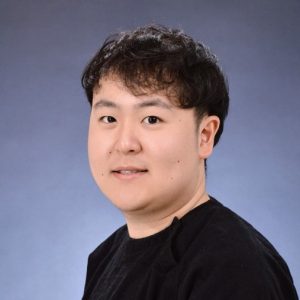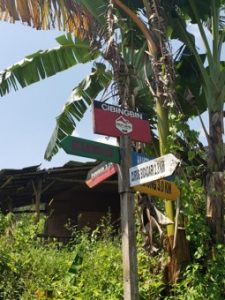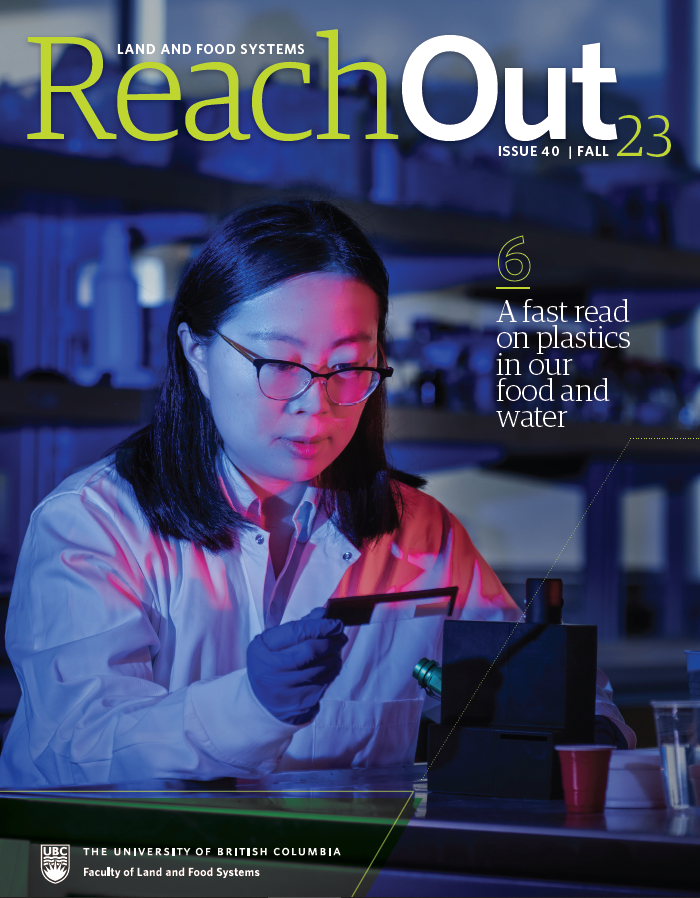Developing Economic Policy at the University of Indonesia

Chang Che
Chang Che is a fifth-year Food and Resource Economics (FRE) student whose goal has always been working in public policy. Earlier this year, he travelled to Indonesia with a small cohort of UBC students to take part in Go Global’s LFS 303: International Field Studies in Policy Analysis for Agriculture and Natural Resources.
Che’s UBC journey started in the Faculty of Arts. While he was set on an economics degree, he was drawn to the FRE program’s interdisciplinary approach to economic principles. In the years since, Che has supplemented his core courses with a mix of commerce and science courses.
“I love to study how societies work,” Che says. “FRE gives me the opportunity to study applied economics, more than theory.”
Go Global gave Che the chance to experience policy in action, outside of the classroom.
The LFS 303 group landed in Jakarta, Indonesia, accompanied by Dr. Richard Barichello. Che’s cohort had a range of academic backgrounds, with students from Global Resource Systems, Economics, Political Science and Forestry. They stayed in dorms at the University of Indonesia, attending lectures that grounded them in the context of the local economic landscape.
After a week of class time, Dr. Barichello led the group on a mountain hike to provide a hands-on sense of the effects of a tropical climate on vegetation and growth.
“You could see all kinds of tropical fruits, just growing on the sidewalk,” Che says. “Experiencing the beauty of Indonesia was a real high point of the trip.”
Then came the bulk of the course, providing consulting services for the Indonesian Ministry for Marine Affairs and Investment. The students divided into project groups, and Che’s group began researching fishing quotas and their effects on civilians and other stakeholders.
Che referenced case studies from other countries to support their recommendations. In the next iteration of the course, he hopes students will have more time to talk to local fishermen or farmers, to get their on-the-ground perspective.
In the last week of the course, Che and his group presented their findings to the Ministry.

Jakarta, Indonesia
The group suggested an Individual Transferable Quota (ITQ), which ensures all stakeholders, from individual fishermen to corporate vessels, are able to make the most of their fishing quotas. If a fisherman has an annual quota of 100kg, and they fill 80kg, they can find an alternative revenue stream by selling the rest to other stakeholders.
In addition, Che recommended a variable fee system to encourage sustainable fishing practices. Compared to the existing system, where all fish are weighed and sold equally, the proposed system will sort a catch into three categories: underfished, sustainably fished, and overfished.
Chang’s next goal is to further his studies with the Master of Food and Resource Economics program. He looks forward to any opportunity to work directly with farmers, fishermen, and producers.
“Definitely more pressure than a presentation in class, but nothing can top real world experience,” Chang says. “I recommend this course to anyone who is interested in going into policy writing.”
